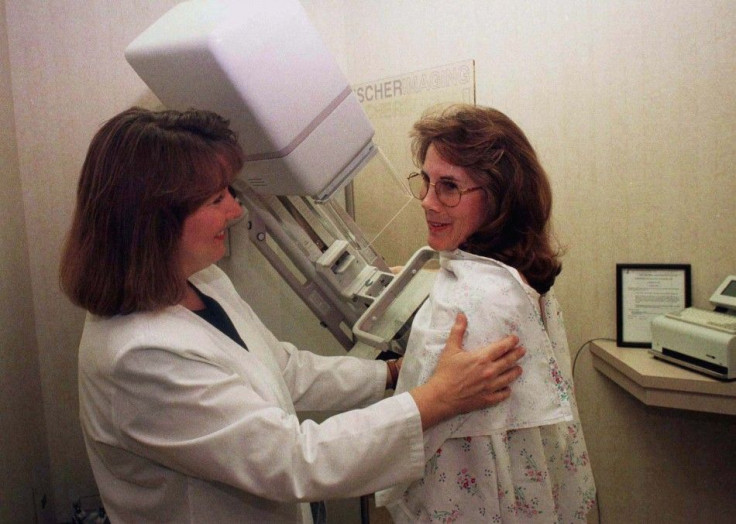This Breast Cancer Pill Cuts Recurrence, Death Risks By 42%
KEY POINTS
- Lynparza is said to lower the risk of relapse and death among breast cancer patients by 42%
- Lynparza offers hope that it can be used as another weapon in fighting breast cancer
- AstraZeneca is now looking to expand the drug's territory following its clinical trial success
AstraZeneca's pill, called Lynparza, has been found to reduce the recurrence of breast cancer in women who have been diagnosed with the disease at its early stages.
In a long-running international study published by the New England Journal of Medicine, findings showed that Lynparza significantly lowered the risk of relapse and death among breast cancer patients by 42%. The positive results of the study offer hope that the drug could be used as another means to fight breast cancer in women.
Lynparza belongs to a class of drugs called PARP inhibitors. These drugs aim to stop cancer cells from repairing themselves after chemotherapy and have been reported to have the greatest effect in cancer patients with mutations of the BRCA genes, as per The Wall Street Journal.
Scientists working on the clinical trials of the drug found that after three years, about 85.9% of Lynparza patients were still alive without invasive breast cancer, compared to the 77.1% of those who belonged to the placebo group.
“The early results are very encouraging that these therapies may indeed result in increased cures for patients who develop cancers with these mutations,” said Dr. Charles Geyer, deputy director of the Houston Methodist Cancer Center and one of the leaders of the study.
The American Society of Clinical Oncology (ASCO) said that Lynparza's success may change the standard of care when it comes to adjuvant therapy in cancer patients, according to Fierce Pharma.
David Fredrickson, AstraZeneca's executive vice president of the Oncology Business Unit, shared his optimism over the results of the study and said he hopes that Lynparza will set a new standard in the pursuit of eventually curing cancer.
“This is the first time that any medicine targeting a BRCA mutation has demonstrated the potential to change the course of early-stage breast cancer and offer hope for a cure," Fredrickson said.
"By providing a treatment which significantly reduces the risk of breast cancer returning in these high-risk patients, we hope Lynparza will set a new benchmark demonstrating sustained clinical benefit. We are working with regulatory authorities to bring Lynparza to these patients as quickly as possible.”
Backed largely by Lynparza's clinical trial success, AstraZeneca is now looking to expand the drug's territory and make it accessible to more cancer patients.

© Copyright IBTimes 2024. All rights reserved.





















